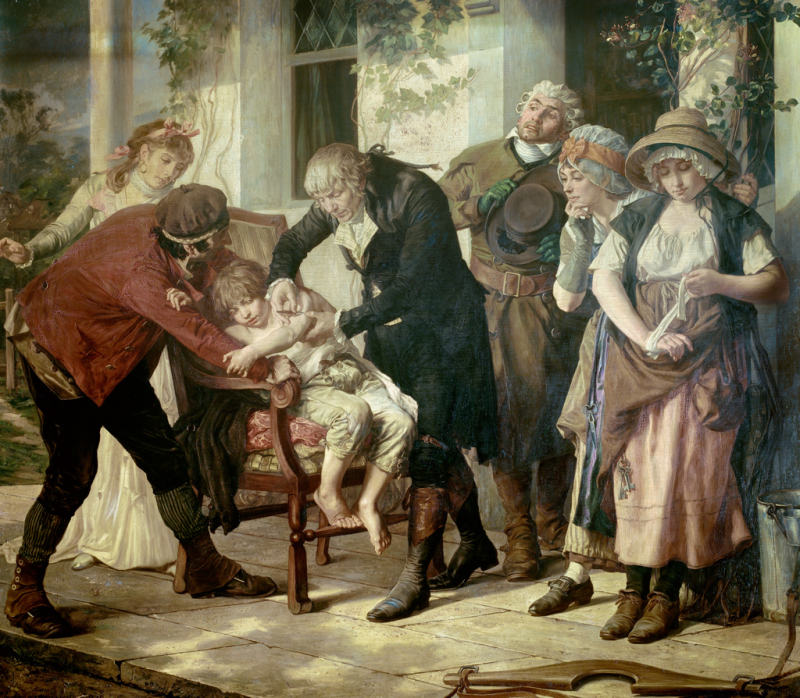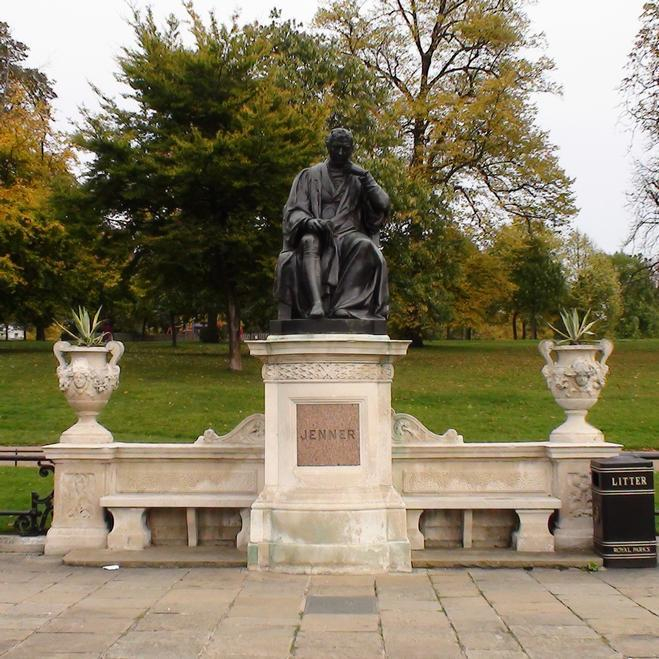His later years were dedicated to science
The death rate from smallpox decreased despite mistakes and sporadic deceit. Despite receiving widespread acclaim and numerous awards, Jenner didn't try to profit personally from his discovery and instead spent a lot of time advancing the cause of vaccination. After retiring from medicine, Jenner continued his research on immunizations. He received various memberships as a result of his work, including those at the Royal Swedish Academy of Sciences and the American Academy of Arts and Sciences. In 1803 he finally was elected president of the Jennerian Society, an organization dedicated to vaccination and the abolition of smallpox. He was chosen to serve as King George IV's chief physician, Berkeley's mayor, and justice of the peace in 1821. He continued his studies in natural history and zoology in between all of these activities.
Jenner was discovered on January 25, 1823, with his right side paralyzed and in an apoplectic state. He died of what seemed to be a stroke the next day. Jenner's vaccination served as the starting point for later immunology breakthroughs. French scientist, roughly 100 years after Jenner's work










